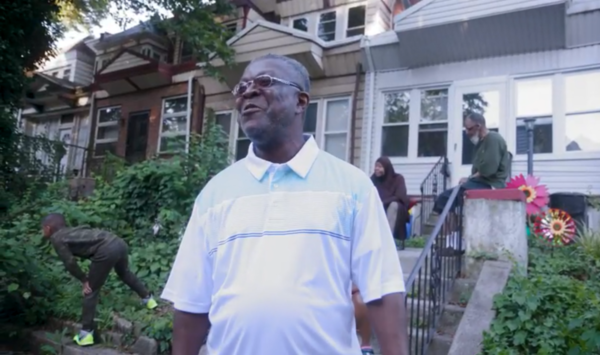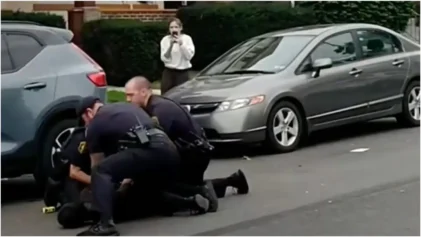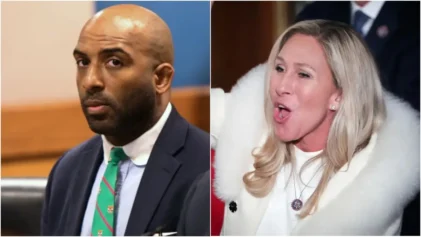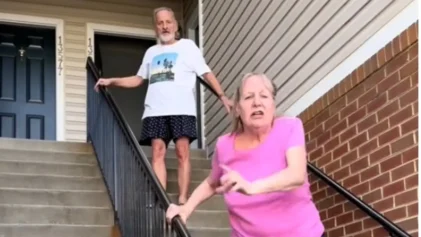A Black man was released from a correctional facility in Pennsylvania on June 24 after spending 34 years behind bars after authorities found that investigators on the case concealed evidence, including some that pointed toward another suspect, The Philadelphia Inquirer reported last week.
Curtis Crosland, a 60-year-old father of five and grandfather, was sentenced to life in prison after he was convicted in 1984 of killing Il Man Heo, a Korean store owner in South Philadelphia. Crosland was convicted based solely on the statements of two witnesses who either recanted or failed to appear in court.

Heo was shot during a robbery at his H&B Grocery Store by a masked perpetrator who knew his first name.
Crosland’s release came after U.S. District Judge Anita Brody ordered last week that he be either released or retried.
A review by Philadelphia District Attorney Larry Krasner’s Conviction Integrity Unit found that investigators had illegally concealed information about a witness and information that suggested someone else had committed the crime.
One witness Rodney Everett was facing a parole violation when he agreed to testify in multiple murder cases. Everett even testified in two homicide preliminary hearings in one day.
The district attorney’s office’s review found that police concealed a failed polygraph test, a statement from Everett’s wife that he had identified another person as the perpetrator, and a letter from Everett to a homicide detective, asking for help in exchange for information.
Everett said Thursday that he felt coerced to give investigators information. “It was just very brutal. They threaten you. They will use your family and they will tell you what they will do to your family, taking your kids,” he said. Everett testified at Crosland’s preliminary hearing and said he repeatedly tried to recant. He refused to testify at the trial, invoking his Fifth Amendment rights, but his earlier statement was read into the record. When Crosland’s case was overturned, Everett was offered immunity to testify, but even though he recanted on the witness stand, Crossland was convicted by a second jury.
The other witness, Delores Tilghman, had given false testimony in another murder case, according to prosecutors. She also said she felt coerced into giving investigators information and claimed detectives showed up at her home and woke her up, threatening to arrest her if she did not testify.
“It was him or me,” said Tilghman, expressed regret for her role in Crosland’s conviction. “They were threatening me with putting me in jail. … They can make that happen. I seen them make his life disappear with one witness.”
Judge Brody applauded the work done by the district attorney’s office, saying, “The responsibility of doing justice does not disappear once a conviction is achieved. In some circumstances, the duty to seek truth can and should extend to cases long closed.”
Over the years, evidence mounted that Crosland was not the preparator in the store owner’s death. Three eyewitnesses to the murder said Crosland wasn’t the killer and a fourth witness identified someone else as the murderer.
After he filed nine post-conviction relief petitions in state court and four federal habeas petitions, Crosland, who represented himself after attorneys mishandled his case, was cleared by evidence the Philadelphia police had all along, some of which was sealed with grand jury investigations.
“It was mind-blowing that all that could be hidden, to convict an innocent man. It was painful. It was difficult to even share with my family some of the things I learned that happened to me,” Crosland said about when he first saw the hidden evidence.
Now home for the first time in 34 years and engaged to his childhood sweetheart, Crosland plans to get a job and use his knowledge and experience to help free the other innocent men he left behind.


